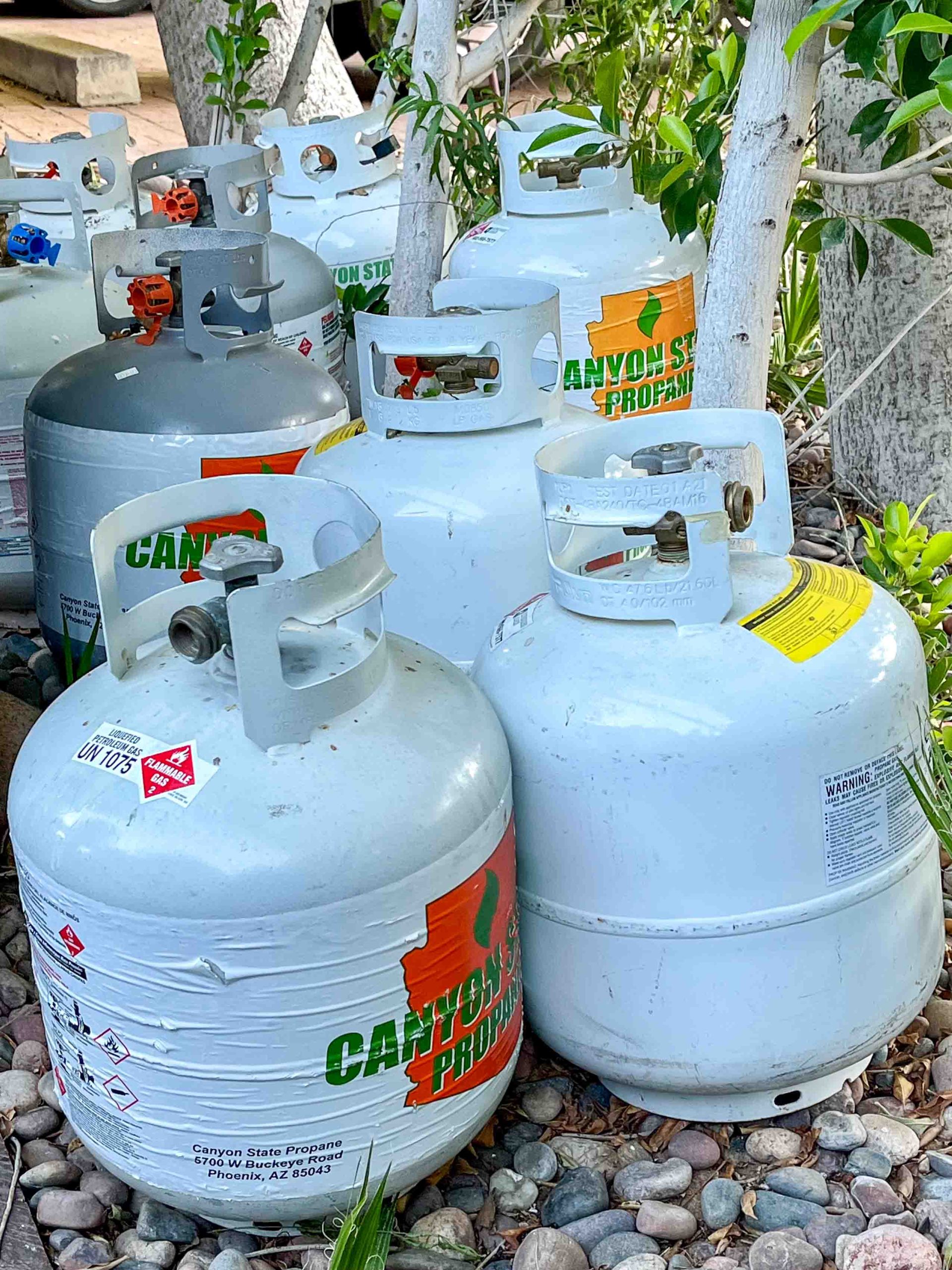Yes, that’s right. On April 30, 2024 the BCUC granted BC Hydro, BC’s largest electrical utility, a certificate of public convenience and necessity (CPCN) to build four “off-grid” public electric vehicle (EV) charging stations powered by propane generators.
The sites are on Highway 97, approximately 113 km west of Fort Nelson, and on Highway 37, approximately 153 km north of Stewart.
BC Hydro considered some alternatives to propane generation, such as solar and batteries in combination, but rejected them because of inadequate sun exposure and low winter temperatures.
The investment is in support of the government’s CleanBC Roadmap to 2030 to complete “BC’s Electric Highway by ensuring broad geographic coverage across the Province for fast-charger EV sites by Summer 2024” and the government’s zero-emission EV targets set out in the Zero-Emission Vehicles Act.
Construction is expected to begin in May 2024, and the stations should be open to the public by September 2024, meeting the government’s timeline for “implementing geographic connectivity across the province.”
BC Hydro provided no estimate of the cost for the charging stations, but said it expects they will be higher than costs for grid-connected charging stations. It expects to receive an unspecified amount of funding through the CleanBC program to offset the higher costs.
The BCUC has no power to review the request because the EV charging stations are a “prescribed undertaking” under the Clean Energy Act.
Analysis
Despite the obvious irony of using propane to fuel an EV charging station to reduce greenhouse gas emissions, there is a certain logic to the investment.
It’s safe to assume that connecting these rural areas to the grid would have been prohibitively expensive, so generating the electricity locally makes sense. As for alternative forms of local generation, BC Hydro rejected the solar / batteries combination due to, among other things, cold weather. That’s also rather ironic, as it makes me wonder whether EVs are even practical in the area. Anyway, propane produces fewer greenhouse gas emissions than diesel, so that was the choice.
And, as the BC Sustainable Energy Association and the Vancouver Electric Vehicle Association said in a joint letter of support for the application, BC Hydro’s proposal fills gaps in the province-wide network of charging stations, which will probably enhance the uptake of EVs in the province, albeit in a small way.
It’s unlikely that private sector investors could make a business case for the investment. In one of BC Hydro’s applications for a public EV charging rate, it estimated that its utilization rate for non-urban stations was 2 percent, compared to 12 percent in urban stations. It’s hard to see anyone making money from EV traffic on highways 97 and 37, which pass through sparsely populated parts of BC.
So, the government has chosen BC Hydro, which it owns, to fill the gap left by the private sector. Using propane. But there are a few issues raised by this decision.
GHG emissions
While the four off-grid charging stations may reduce greenhouse gas (GHG) emissions by encouraging more use of EVs, there’s no dispute that burning propane to generate the electricity is not clean. BC Hydro does not, however, propose purchasing carbon offsets to reduce or eliminate the GHG emissions from its propane generators.
This is in contrast to the approach taken by FortisBC Inc., the electrical utility that serves southeastern BC. In its most recent long-term resource plan, Fortis proposed meeting peak winter demand in future with two gas-fired generators, but using clean Renewable Natural Gas, which produces either very low or zero GHG emissions (the BCUC accepted this plan as being in the public interest).
Sign of things to come
Over the next few decades, other generation technologies may appear that make propane charging unnecessary. But for now, using propane to fuel off-grid EV charging stations is a reasonable transitional step towards eliminating GHG emissions in BC’s economy, even at the cost of using some fossil fuels.
And this won’t be the last time we face this trade-off. As we seek to electrify everything from building heat to heavy industry, we will face peaks in electricity demand for which fossil fuel solutions will be the best short-term solution, as the Fortis long-term resource plan demonstrates.
As for the Clean Energy Act, and its limitations on the powers of the BCUC to review projects such as this one, that’s a subject for another day.


